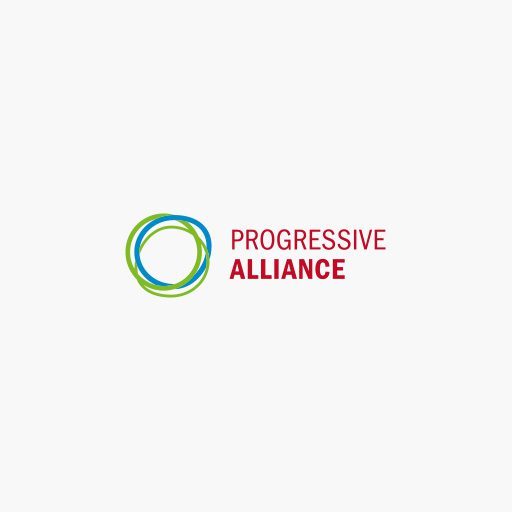INTERNATIONAL EXCHANGE ON HOW THE CRISIS IS AFFECTING WOMEN AND GIRLS WORLDWIDE
On Wednesday 6 May, Progressive Alliance and PES Women in cooperation with SocDem Asia organised a first webinar on the particular situation of women and girls affected by the Corona-crisis.
It was the first time a global gender perspective was introduced in the networks of progressive parties, uniting participants from Latin America, Africa, Europe and Asia.
The seminar was opened by Conny Reuter, Coordinator Progressive Alliance and Zita Gurmai, PES Women President, who both underlined the necessity of considering the gender perspective in the global response to COVID-19.
Marja Bijl, Vice-President PES Women and Coordinator of the Progressive Alliance’s working group on gender, moderated the webinar for which over 100 participants from all continents had registered.
The panelists were:
- Evelyn Regner, SPÖ Austria, Chair of the European Parliament Women’s Rights and Gender Equality Committee
- Nie Ching Teo, Democratic Action Party Malaysia, SocDem Asia
- Margarita Bolaños Arquín, Costa Rica, Progressive Alliance de las Americas
- Elke Ferner, SPD Germany, Executive Member PES Women
- Caryn Dasah, Community activist & peer educator, Founder of Hope Advocates Africa, Cameroon
- Bahia Amra, Palestinian National Initiative, Progressive Alliance’s working group on gender
The panel debate highlighted the similarities of the particular burden placed on women and girls during the pandemic. Because a lot of women work in the informal sector, or have precarious jobs, they face professional uncertainty or have already lost their jobs. The risk of poverty is increasing and women are particularly exposed. In addition, the majority of frontline essential workers globally are women.
In addition, women are exposed to a double, sometimes even triple, burden as they are often responsible for the education of children and provide for the family as a whole. As day care is hardly available during the crisis, women are being driven back into the house. Recent experiences have shown that teleworking from home, for those who have this opportunity, is not automatically nor easily facilitating reconciliation of professional and private life.
Furthermore, statistics in nearly all countries show an unacceptable rise in violence against women (and children) in times of confinements and lockdowns. Restricted and poor living arrangements do not allow physical distancing and increase psychological stress and the risk of contamination.
Awareness raising and empowerment of women continue to be indispensable. Several of the panellists noted that it is important to include more women in decision-making, in order to ensure a gender-sensitive response to the crisis. Strategies need to be developed on national level, through regional as well as a global platforms like the Progressive Alliance, which shall further develop their agenda. This is the momentum to reshape progressive policies.
As a next step, this first webinar will be complemented by regional seminars on the different continents followed by a convergence process leading to political recommendations and a common agenda.
This progressive agenda will call for:
- Decent working and living conditions
- Access to public quality health and care services
- Social protection schemes
- Gender parity at all levels of governance
- Gender budgeting in financial schemes and programmes
- Support to NGOs providing help and assistance for women particularly exposed to consequences of the COVID-19 crisis
PROGRESSIVE ALLIANCE, PES WOMEN and SocDem Asia will coordinate the follow-up and develop further communication channels on the issue.

![Headline: Hier bitte das Thema [ Headline] 24.10.25, Lucerne, Switzerland, Progressive Alliance PA women conference](https://progressive-alliance.info/wp-content/uploads/elementor/thumbs/MAW251024mw859033AdobeRGB-scaled-recq0qxu9kb6pncdi2i7wo6ttne03ppnu58zxxdc74.jpg)
![Headline: Hier bitte das Thema [ Headline] 25.10.25, Lucerne, Switzerland, Progressive Alliance PA women conference](https://progressive-alliance.info/wp-content/uploads/elementor/thumbs/MAW251025mw860402AdobeRGB-scaled-recs8kegm3kqlleif2kq512xsjz2qfl3t7kc0t0tts.jpg)
